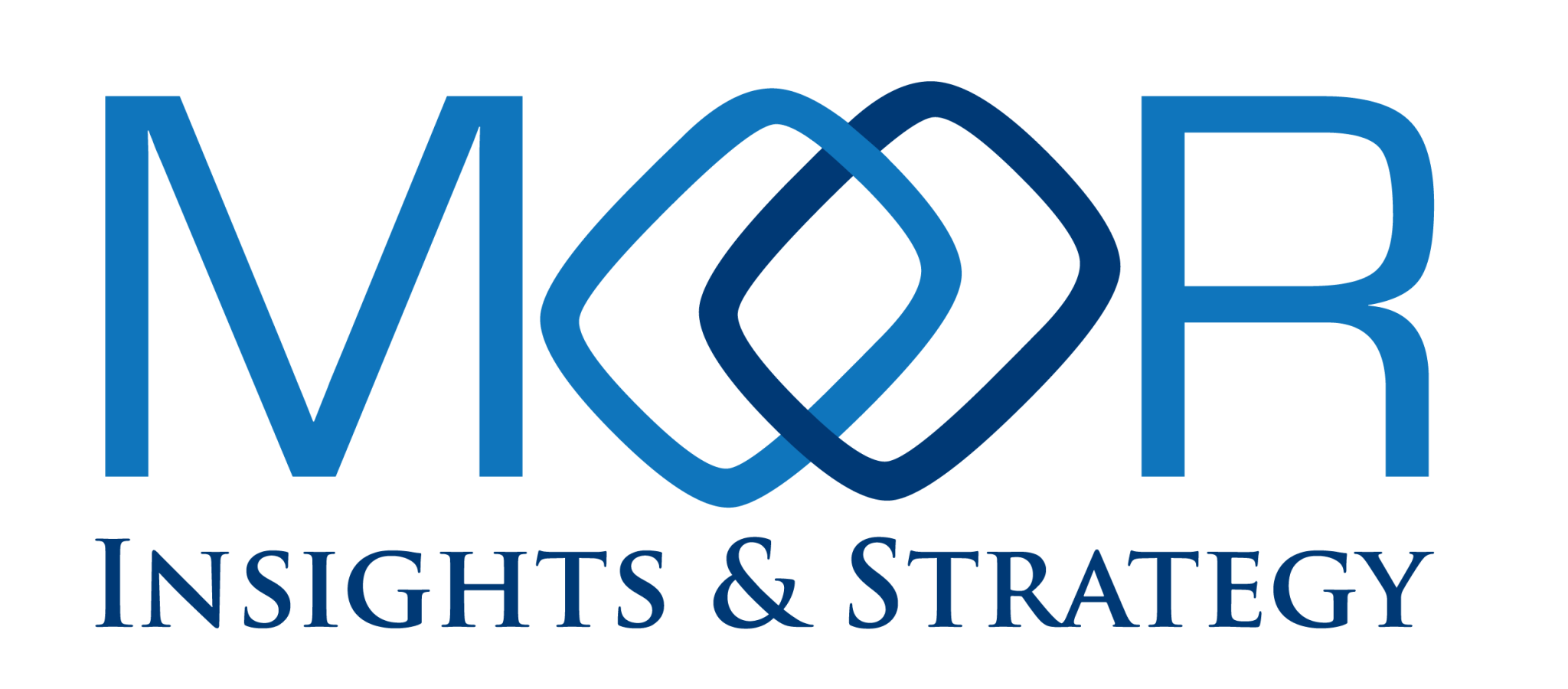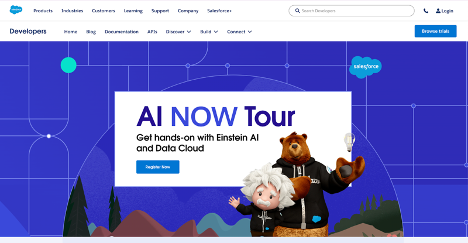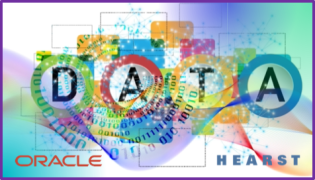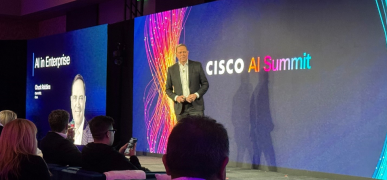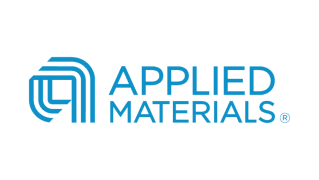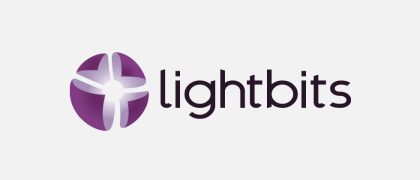A couple of weeks ago, I published a Forbes column positing that CRM solutions are an ideal place to begin a generative AI journey. Some of that article was influenced by announcements made by CRM market leader Salesforce. And it seems that the team at Salesforce agrees, as they are in the midst of a worldwide enablement event series called AI NOW. Lucky me, I got to attend the event that was hosted near my home in Boston.
I must say, I love these kinds of small, hands-on events. I have developed, hosted, and participated in probably 200 of them over my career across a wide array of technologies. And while it’s also great to go to the big vendor shows (e.g. Dreamforce) as an analyst, there is something special about sitting in a makeshift classroom and seeing real users try to figure out how new innovations really work.
AI NOW did not disappoint. Beyond that, I think there are some telling lessons about both AI and field enablement that can be drawn from what I learned at the session in Boston.
Start with the Right Goals in Mind
The bigger the company, the harder it is to do these events well. That’s because there are so many products and product managers competing for airtime. There also can be competing marketing agendas. Is this event meant to attract new customers, or to enable existing customers to try other parts of the portfolio? Should it try to cultivate relationships with users, managers, or execs?
This time, Salesforce focused on its install base and current practitioners of Salesforce CRM. The goal was to whet the appetite of these users—apparently a mix of administrators and developers—to try some of the newer Salesforce AI functionality. Good idea, since these are the users who will try the new stuff and give your sellers and service people the best feedback. They will also be the ones socializing the new features when they get back to their companies.
Start the Story with the Data
Despite being called AI NOW, most of the morning was taken up by an excellent workshop using Salesforce’s Data Cloud service, which will be fundamental to Salesforce’s AI strategy. Data Cloud is not quite out yet (it looks like a calendar Q4 GA) but the service is now in sandbox for Salesforce users to try out.
One fictional customer use case for the first hour or two was establishing the right data foundation. This is super important for Salesforce to get right. Data Cloud is different and distinct from the Salesforce CRM, so there are new terms and technologies at play here. And while you can do some GenAI tasks without it, Data Cloud is necessary for the more advanced functions where you can generate real value.
Taking the time to teach Data Cloud well will pay dividends once it becomes available to customers. Salesforce not only understands that, it also understands more broadly that to do AI well, you must have your data in order—which in my experience is not the case in most companies.
AI Is Still a Conceptual Reach for Many People
Like I said, I love these events because this is where technology is truly tested. And while people pretty easily grasped Data Cloud, when other AI features were introduced, the number of questions and issues in the workshop increased steadily as the day went on. This wasn’t any reflection on the technology or the workshop content, both of which were solid. It is just that when you take a practitioner out of their comfort zone, there is a learning curve.
Salesforce seemed to anticipate this; it had a number of helpers in the room to guide users through the workshops, and there were no major problems. However, the questions and occasional confusion from attendees underscored that AI for business is not like AI consumer use cases. It’s going to take time—and a thoughtful enablement process—to achieve widespread adoption.
(Minor) Room for Improvement
Overall, it was a very good event: nice venue, good content, adequate pacing and breaks. Great job by the team on all of that. However, I did have one little thing that bugged me. Maybe many of my peers who were in the room might disagree, but I feel that I must say this: Salesforce needed to do more selling at this event.
Jumping right into labs and letting people get their hands dirty is great. Having technical advocates like the great Jen Lee on hand to walk people through the labs was awesome. But it would have been better if someone had taken just 15 minutes to do a quick pitch at the beginning. I would want them to cover these questions:
- What business benefits will Salesforce AI capabilities bring to its CRM users? For instance, outline the idea of how an improved customer experience can raise spend on a per-customer basis.
- What does AI mean to Salesforce and its strategy?
- How can I help others in my company understand the value of AI?
As I said earlier, Salesforce made a great decision to focus on the practitioners within its install base. These people are some of the best advocates for a given technology. But don’t just teach them which buttons to press and leave it at that. Teach them how to be better advocates for you. Bringing in a smart local systems engineer who’s credible can get these power users fully activated—and turn a great event into a localized movement.
